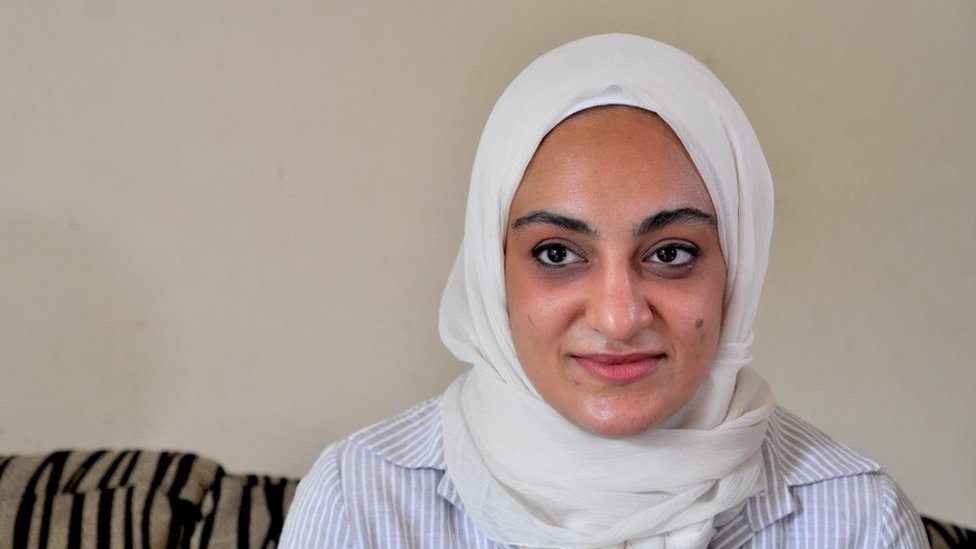Colombo: The Sri Lankan government on Tuesday said it would formally apologize to the country’s Muslim community for the forced cremation of Muslim individuals who lost their lives to Kovid-19. The Sri Lankan government implemented the controversial cremation policy during the Corona epidemic due to health concerns. In the year 2020, a mandatory order for the cremation of Kovid-19 victims was issued, depriving many other minority communities, including Muslims, of their religious rights. However, the order was repealed in February 2021 amid growing international criticism.

Decision taken to bring a law
According to a cabinet note, the Sri Lankan Cabinet in a meeting on Monday approved a proposal to apologize to the Muslim community for the order imposed in March 2020. It said that the Cabinet has decided to apologize to all communities on behalf of the government. The Cabinet also decided to bring a law to prevent the recurrence of such controversial steps. The statement said the Cabinet also approved a proposed law on the burial or cremation of bodies based on religion. It drew attention to the introduction of a law that would allow a particular person or relatives to choose whether to bury or cremate a deceased person.

‘276 Muslims cremated’
The Muslim community had protested the forced cremation policy and some even left the bodies of their loved ones in hospital morgues. Community members had said they were either forced to allow the cremation or it was done without their knowledge. Cremation is forbidden in Islam. 276 Muslims were cremated in Sri Lanka before the order was repealed in February 2021. The Sri Lankan government had opposed the demand to allow burial, citing health concerns. The government had then cited the opinion of some experts who claimed that burying Covid-19 victims would pollute the water table, leading to further spread of the pandemic.




